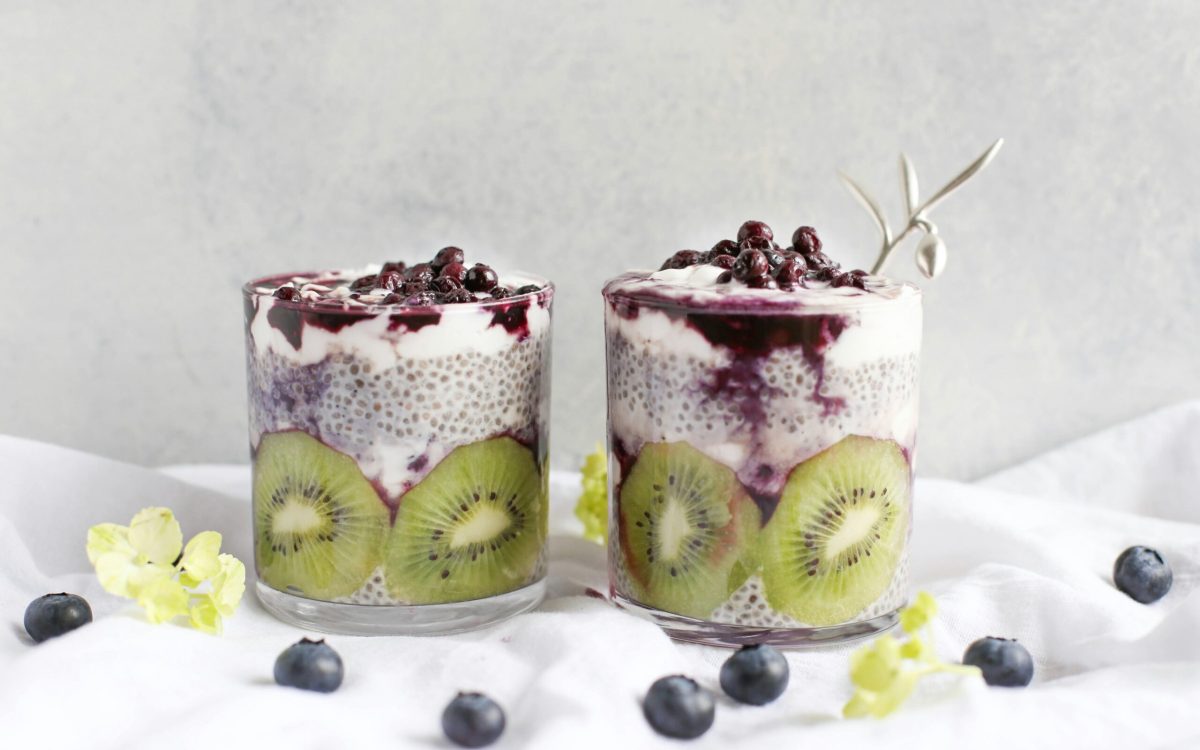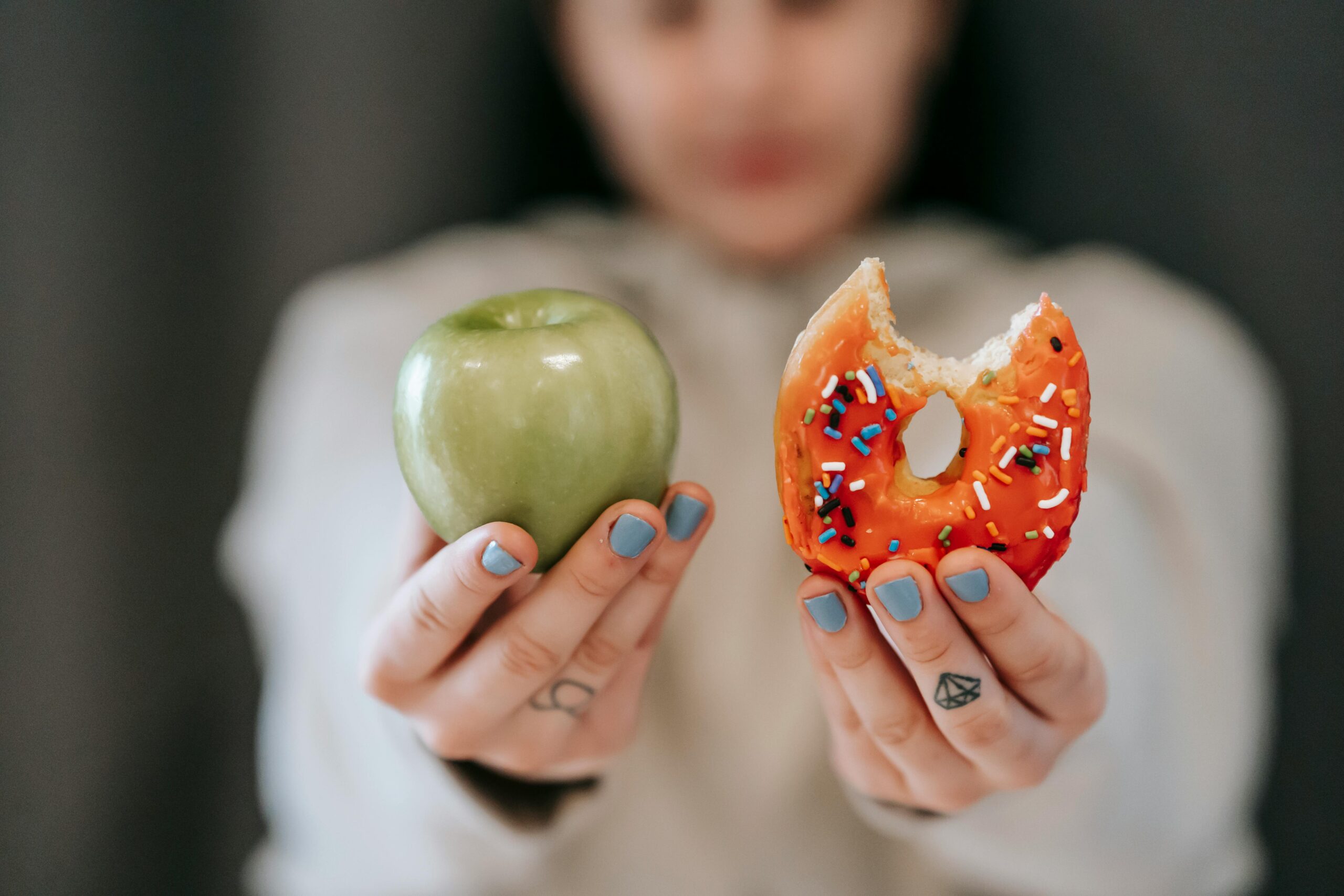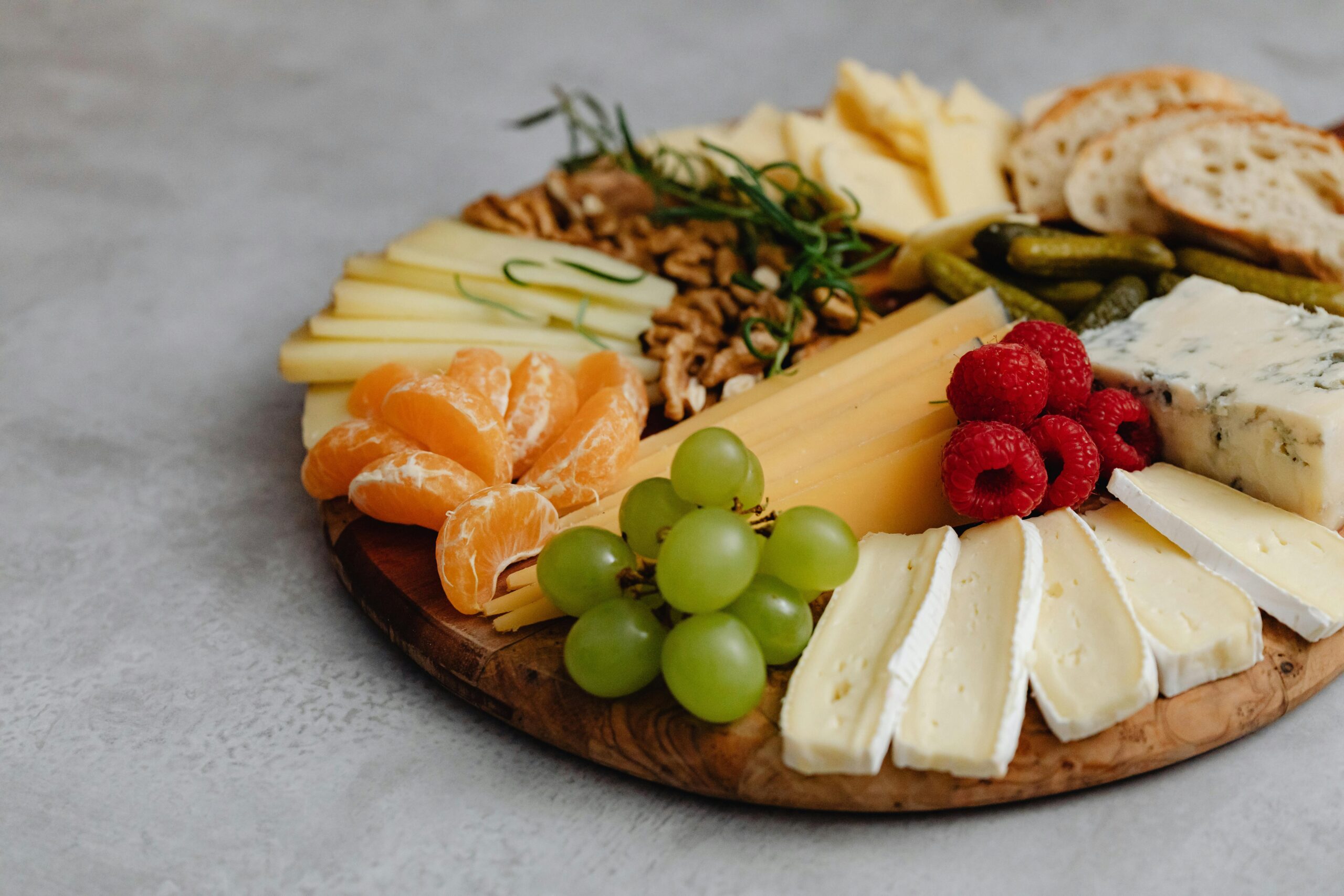Chia seeds are tiny black or white seeds derived from the Salvia hispanica plant, a member of the mint family. Originating from Central America, chia seeds were a staple food for ancient civilizations like the Aztecs and Mayans, prized for their nutritional benefits and energy-boosting properties. Today, chia seeds have gained global popularity as a superfood, renowned for their versatility and health benefits.
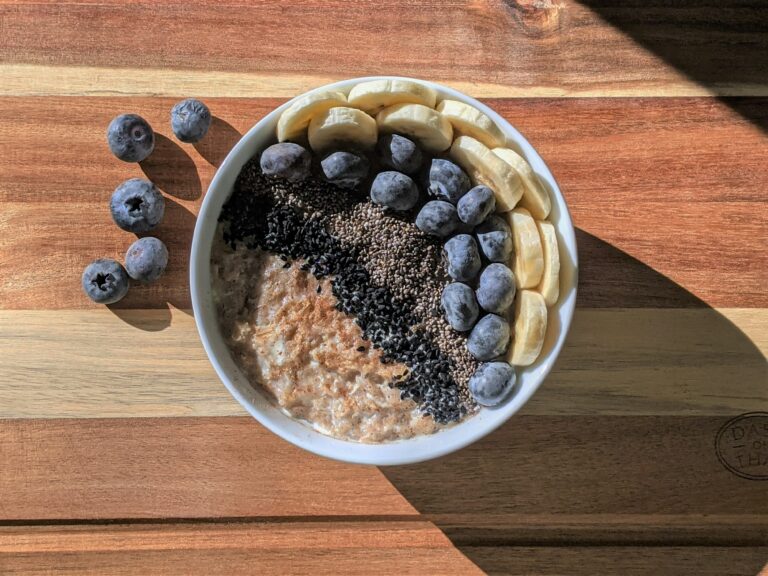
Benefits of Chia Seeds
- Rich in Nutrients: Chia seeds are nutrient-dense, providing a significant amount of fiber, protein, omega-3 fatty acids, and various micronutrients in a small serving size.
- High in Antioxidants: These antioxidants help protect the body’s cells from damage by free radicals, which can lead to chronic diseases like cancer.
- Supports Digestive Health: The high fiber content aids in digestion, promoting regular bowel movements and preventing constipation. It also helps in maintaining a healthy gut microbiome.
- Promotes Heart Health: Chia seeds are an excellent source of omega-3 fatty acids, particularly alpha-linolenic acid (ALA). These fats are known to reduce inflammation and lower the risk of heart disease.
- Helps in Weight Management: The combination of fiber, protein, and healthy fats in chia seeds can help you feel full longer, reducing overall calorie intake. The fiber absorbs water and expands in the stomach, curbing appetite.
- Regulates Blood Sugar Levels: Chia seeds can improve insulin sensitivity and help stabilize blood sugar levels after meals. This makes them a beneficial addition to the diet for individuals with type 2 diabetes.
- Bone Health: With high levels of calcium, phosphorus, magnesium, and protein, chia seeds contribute to maintaining healthy bones and preventing osteoporosis.
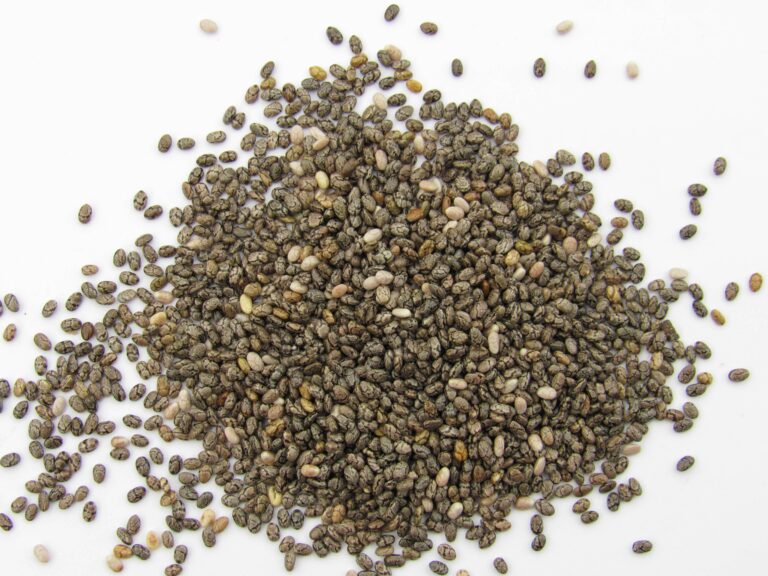
How to Use Chia Seeds in Summer
Chia seeds are incredibly versatile and can be easily incorporated into a variety of summer recipes. Here are some refreshing ways to enjoy chia seeds during the hot months:
- Chia Seed Pudding: Mix chia seeds with your favorite plant-based milk, add a natural sweetener like honey or maple syrup, and let it sit overnight in the fridge. In the morning, you’ll have a delicious, creamy pudding. Add fresh fruits like berries or mangoes for an extra burst of flavor.
- Smoothies: Add a tablespoon of chia seeds to your morning smoothie. They blend well with fruits like bananas, strawberries, and blueberries, and they help thicken the smoothie while adding a nutritional boost.
- Infused Water: Make chia water by adding a tablespoon of chia seeds to a glass of water along with slices of lemon, lime, or cucumber. Let it sit for about 10 minutes to allow the seeds to swell, then enjoy a refreshing, hydrating drink.
- Salads: Sprinkle chia seeds over your summer salads for a crunchy texture and added nutrition. They pair well with leafy greens, avocados, tomatoes, and other fresh vegetables.
- Homemade Ice Pops: Mix chia seeds with fruit juice and pour the mixture into ice pop molds. Freeze them to create healthy, cooling treats that are perfect for hot summer days.
- Baked Goods: Incorporate chia seeds into homemade bread, muffins, or cookies. They can add a nutritional boost without altering the flavor significantly.
When to Avoid Chia Seeds
While chia seeds offer numerous health benefits, there are certain conditions and situations where their consumption should be limited or avoided:
- Allergies: Some individuals may have an allergic reaction to chia seeds, although this is rare. Symptoms can include skin rashes, itching, and swelling. If you experience any adverse reactions, discontinue use and consult a healthcare professional.
- Digestive Issues: Due to their high fiber content, consuming too many chia seeds can cause gastrointestinal discomfort, including bloating, gas, and abdominal pain. Start with small amounts and increase gradually to allow your digestive system to adjust.
- Blood Thinners: Chia seeds contain omega-3 fatty acids, which have a blood-thinning effect. If you are taking blood-thinning medications or have a bleeding disorder, consult your doctor before adding chia seeds to your diet.
- Low Blood Pressure: Chia seeds can lower blood pressure. If you have low blood pressure or are taking medication to manage your blood pressure, consult your healthcare provider before consuming chia seeds regularly.
- Pregnancy and Breastfeeding: While chia seeds are generally safe, pregnant and breastfeeding women should consult with their healthcare provider to ensure they are consuming appropriate amounts.
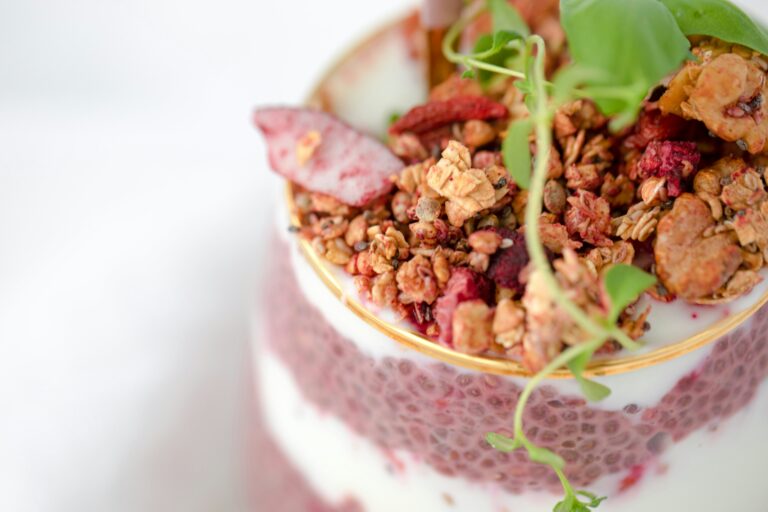
Conclusion
Chia seeds are a powerful superfood packed with nutrients and health benefits. They can be easily incorporated into various dishes, making them a versatile addition to any diet. Whether you’re looking to boost your fiber intake, enhance your heart health, or simply add more nutrients to your meals, chia seeds are an excellent choice. However, it’s important to consume them in moderation and be mindful of any potential adverse effects, especially if you have underlying health conditions. Enjoy the benefits of chia seeds and make them a part of your healthy lifestyle, especially during the refreshing summer months.

